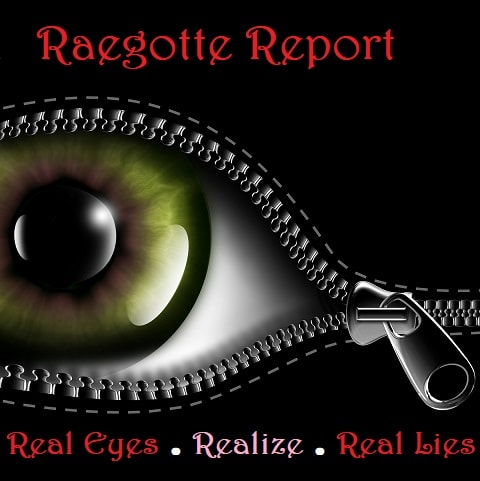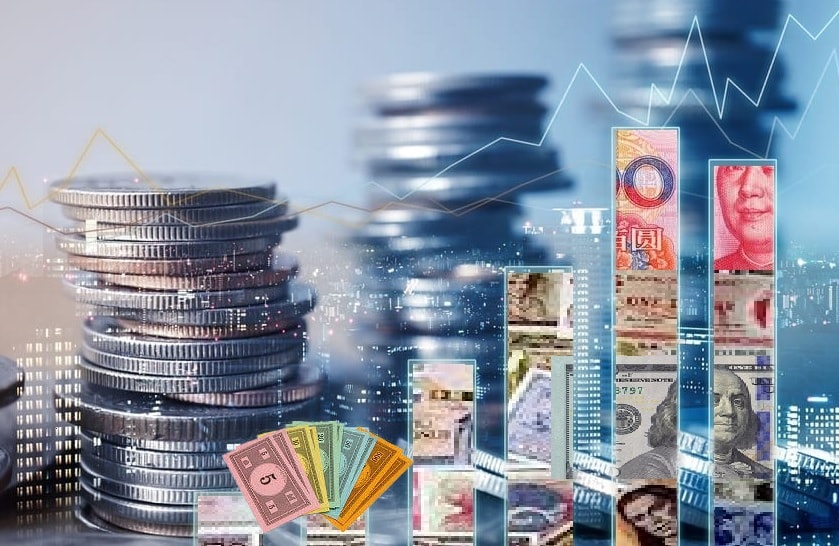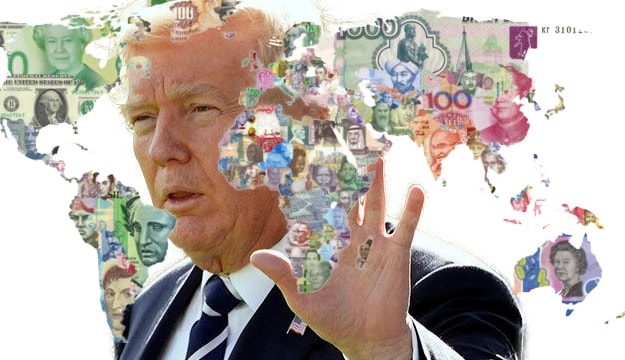Author: Philip Jeffery
The views of the Authors are not necessarily the views of Enigmose.
"Big structural change" is back in vogue. The 2010s saw the return of the left’s boldest claim: that history’s wheel would finally turn and capitalism would at long last end. From the fervor surrounding Occupy Wall Street emerged a flurry of books arguing capitalism had exhausted itself (like David Wallerstein’s Seventeen Contradictions and the End of Capitalism) or rewriting basic economic principles (like Thomas Piketty’s much-publicized Capital in the Twenty-First Century). Not since the 19th century have expectations of broad and rapid change been so popular.
But now, at the opening of a new decade, the disappointment that met the previous century’s predictions of "big structural change" is already creeping in, at least in the United States. Bernie Sanders’s "political revolution" fell flat, legislative attempts to take advantage of the coronavirus for progressive ends have come off as pork-barrel politics, and amid a health crisis Americans hope not for socialized medicine but for the return of the economic stability of the late 2010s.
While activists soldier on, progressive academics brace themselves for another long period of disappointment. Francesco Boldizzoni, a political economist at the Norwegian University of Science and Technology, has written Foretelling the End of Capitalism to throw cold water on left-wing hopes. Himself a social democrat rather than an all-out Marxist, Boldizzoni was already disinclined to expect revolution. Nevertheless, his book’s pessimism, as well as its blind spots, may anticipate where the left is headed.
Foretelling is half history, half social commentary. It speeds through 150 years of "social forecasting"—the practice of predicting future social trends and systems—summarizing dozens of economists and social critics from Karl Marx and John Stuart Mill to Wallerstein and Slavoj Zizek. It turns out that even on the left, forecasts of capitalism’s immediate demise have been rare. Apart from the last decade, they were most in vogue in the early days of the social sciences. Nineteenth-century social scientists, Marx among them, took to heart the idea that there exist scientific laws of human affairs, akin to the law of gravity, such that a careful student of society could not only describe but predict social motion.
On this basis, Marx extrapolated his dicta about capitalism’s "overproduction" and "the tendency of the profit rate to fall" to predict a breaking point at which the system’s internal contradictions destroy it. Mill, meanwhile, anticipated that economic and moral progress would reach a "stationary state of capital and wealth" at which resource limits make further growth impossible but everyone’s material needs are met and humanity transcends the "struggle for riches." Nineteenth-century predictions about the end of capitalism tended to fall along those two lines: It would implode due to internal contradictions, or reach an immovable limit and then transform.
But capitalism just wouldn’t die. Every time it seemed to reach a limit—market saturation, resource limits, etc.—it found ways to adapt and continue expanding. And leftists’ attempts to speed its demise started looking futile, or worse. By the 1910s, Marxist intellectuals were having difficulty winning over the working classes in Western Europe and the United States; by the late 1930s, they couldn’t ignore Stalin’s bloodthirst. Western Marxists, not so much mugged by reality as stood up by history, adopted a new vision of the future. Instead of revolution, they began to aim for a "controlled capitalism" in which humane experts would use political tools to organize economic life in a rational way—a project that required the help of universities, media, and of course the state. After the Second World War, this "social democratic" vision was associated with the theory of "convergence": that socialism and capitalism would unite in a single system defined by the welfare state. It has remained influential—it’s why Bernie always makes sure to qualify "socialist" with "democratic" and "revolution" with "political." And though social democracy isn’t quite a theory of "the end of capitalism," Boldizzoni gives it pride of place in his narrative.
Yet while it was successful in building welfare programs across Europe and in the United States, even this tamer version of the left met with disappointment. Boldizzoni can’t quite admit it. He blames the post-1970 retreat of social democracy on "opportunistic politicians" (Ronald Reagan and Margaret Thatcher, presumably) and deflects accusations of government inefficiency with cursory anecdotes. Readers shouldn’t let him get off so easily. The political and fiscal problems that have accompanied redistributionism in Europe are too numerous. Generous welfare states in Scandinavia face uncomfortable questions about immigration, the government-funded French health care system has to shut down rural hospitals and underpay nurses, and so on. Full Story @ Washington Free Beacon
Bill Gates and His 'War Against Cash' Are a Threat to Our Liberty, Economist Warns
Powerful interests that include the International Monetary Fund, Bill Gates and US Treasury have been lobbying for cash to be abolished and replaced with digital currencies.
Norbert Häring holds a PhD in economics and is co-founder and co-director of the World Economics Association, the second largest association of economists worldwide. Dr Häring is a financial journalist, blogger and author of popular books on economics. His two most recent books covered the campaign to abolish cash. The latest "Schönes neues Geld" (Brave new money) published in German in 2018 just came out in Chinese. Interview With Dr Häring
Trump Says “No” to World Money
Globalists Be Damned !
“In 1998, Wall Street came together to bail out a hedge fund. In 2008, the Federal Reserve stepped forward to bail out Wall Street. Each crisis was worse than the one before. In the next crisis, who will bail out the Fed?”
It was a clinical description of a pattern of worsening crises on an approximately 10-year tempo, along with escalating bailouts.
Now the worst economic crisis in U.S. history is here and the Fed itself is in need of a bailout.
But what is the source of that bailout? Read More
Project on Poverty and Inequality in California
California Socialism: Rich get Richer and the Poor get Poorer
Even before the economic disruptions caused by the COVID-19 virus, far too many Californians were living in poverty. Despite solid economic growth, pockets of vast wealth, and a robust social safety net, California still had the nation’s highest poverty rate, while millions more Californians lived on the edge. Now, that dire situation can only be expected to grow worse. Read More
<


